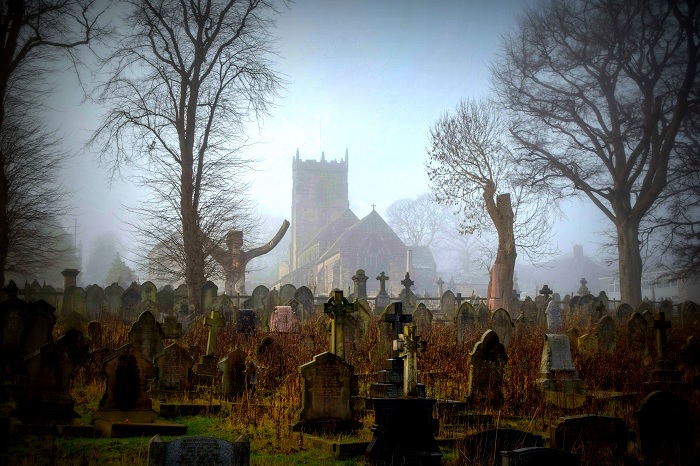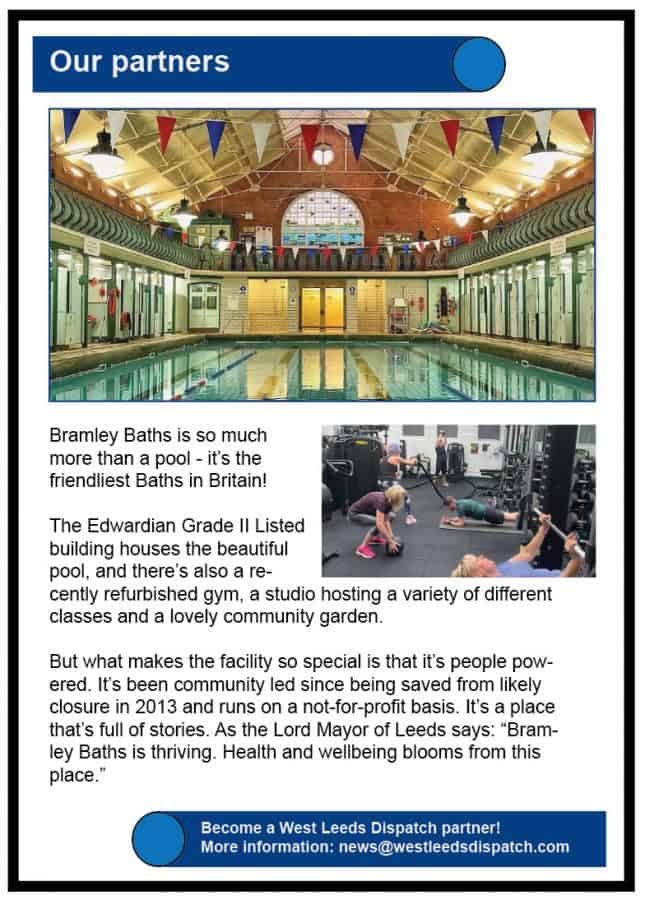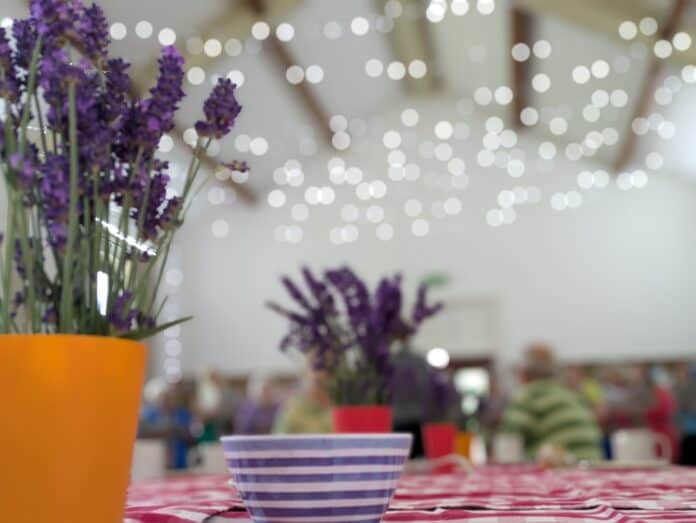Community Noelle Williamson’s third article looking at memory cafes and dementia support in West Leeds features an interview with Rachael Kelly about her intentions for Cafe Revive in Calverley.
Rachael Kelley began her career as a visiting nurse, supporting people with dementia who
lived at home.
Twenty years ago she joined a research team at Leeds Beckett University which exists to improve and expand support for people diagnosed with dementia, so that they can continue living in their own homes for as long as possible.
She is also one of the people behind Cafe Revive, the memory cafe in St Wilfrid’s Church, Calverley, which is now approaching its first birthday.

WLD: Kim recalls the precise moment when her idea of opening a memory cafe at St
Wilfrid’s started to become a reality. She says it was one February morning in 2024, when
she overheard you talking to a curate about wanting to do more for local people living with
dementia. Do you remember that conversation?
Rachael: Some people know I do something to do with dementia, and if they need a bit of
advice, they sometimes ask me. Kim must have heard the word dementia, and it was at the same time that she was thinking that she would like to do something like this. But it’s hard to do on your own.
WLD: Kim talked about when her mother was diagnosed with dementia: about how alone
she felt; and how she didn’t know if there was support available, or how to find out. For
people in Kim’s situation, reading this article, what do you want them to get from it?
Rachael: I think it would be nice for them to read it and go. There are places that I can go, if I’m struggling a bit with my memory, or if I have a diagnosis of dementia, or if I’m supporting a family member or a friend who is. There are places in my local community where I can go that are safe, that are welcoming, where if someone wants to sing and dance around. Or if I only settle for five minutes, and then I need to go again or whatever – that there’s a place that you can go and spend time with other people without feeling worried about doing that…
I think that’s what we wanted to create (with the memory cafe). That loneliness that Kim
talked about, and feeling on your own, isn’t very uncommon. That’s lots of people’s
experience: that you get diagnosed with dementia (or you might just be struggling a bit with your memory, and you haven’t got a diagnosis) and your world starts to shrink a bit.
Some of the people that you might have spent time with before, some of those people will still be around; but other people might be a bit worried and not sure how to respond, and so your social circle shrinks a bit as well. That doesn’t feel good. People don’t feel great if they’re not getting out – not playing Bingo – having a chat – having some tea and cake together.
So, we just wanted to make a space that people felt okay to come to, regardless of the
reason that they came. It’s also not just for people with memory problems or dementia. It’s for anybody. We just wanted to give a particularly warm welcome to people who might be living with memory problems or dementia.
If you are diagnosed with dementia, it is possible to live. Dementia or memory problems is
really difficult to live with, but it’s also possible to live well and to still come to places and do things.
It’s knowing what’s going on, and where, that’s tricky.
We have that table at the back that’s covered in leaflets because there isn’t one easy place
to find out what’s happening. Sometimes it’s word of mouth, or you happen to see a poster,
or a Facebook post. And I think that’s why people feel a bit alone sometimes because,
although there are things out there, it’s hard to know about them.
WLD: How do people hear about Cafe Revive?
Rachael: We need to get more information out, actually. We all work full-time, so it’s a
challenge. The church Facebook page, the Squeaker, posters on information boards, this
article! The MHA (Methodist Housing Association) have been sharing it for us as well
because they run some groups locally too. We want to let people know in Calverley,
Horsforth, and on the bus route (The 60/A goes through Bramley, Farsley, Greengates and
Apperley Bridge, with connections to Pudsey on the 16A or 91 services.) that we’re here 2-
4pm on the first Saturday of every month. (Cafe Revive is also listed on the Alzheimer’s
Society website, with all the other memory cafes in Leeds.)
WLD: You invited a guest from the Memory Support Service…
Rachael: That’s right. We’re mindful that, although we have some experience and some
knowledge around mentoring memory problems, we are far from knowing everything. And
although I used to work as a nurse with people with dementia, that was a long time ago. I
wanted to make sure that everyone knew they could get in touch with someone who has
up-to-date knowledge, and ask questions.
Milo is the Memory Support Worker for West Leeds. We invited Milo because, for most
people who come to this cafe, he is the person they would speak to. We thought it would be nice for them to put a face to a name, for if they rang the service.
WLD: How does the Memory Support Service Work?
Rachael: If anyone is worried about their memory, or has a diagnosis of dementia, and
needs a bit more help or advice, there’s a memory support worker for each part of Leeds.
You don’t have to have a diagnosis to phone them.
The Memory Support Service “West Leeds” is slightly different from that of the West Leeds Dispatch, but anyone phoning the service on 0113 231 1727 from Monday to Friday, 9am to 5pm, or e-mailing memorysupport.lypft@nhs.net. will be told the name of their own local Memory Support Worker.
It would be good for your readers to know that, if you’re worried about your memory, good
people to contact are your GP or the Memory Support Service.
There are also particular clinics that your GP would refer you to across Leeds, with teams of
people who diagnose memory problems. They will ask you some questions, run some tests
with you, and help you explore what’s going on with your memory. They would diagnose
dementia, if that was what you had. Or they might say no, this is something else.
That’s the message, or one of the messages for anyone reading this article, who is living with memory problems: that if that’s happening for you, there are places you can go.
Sponsored content


